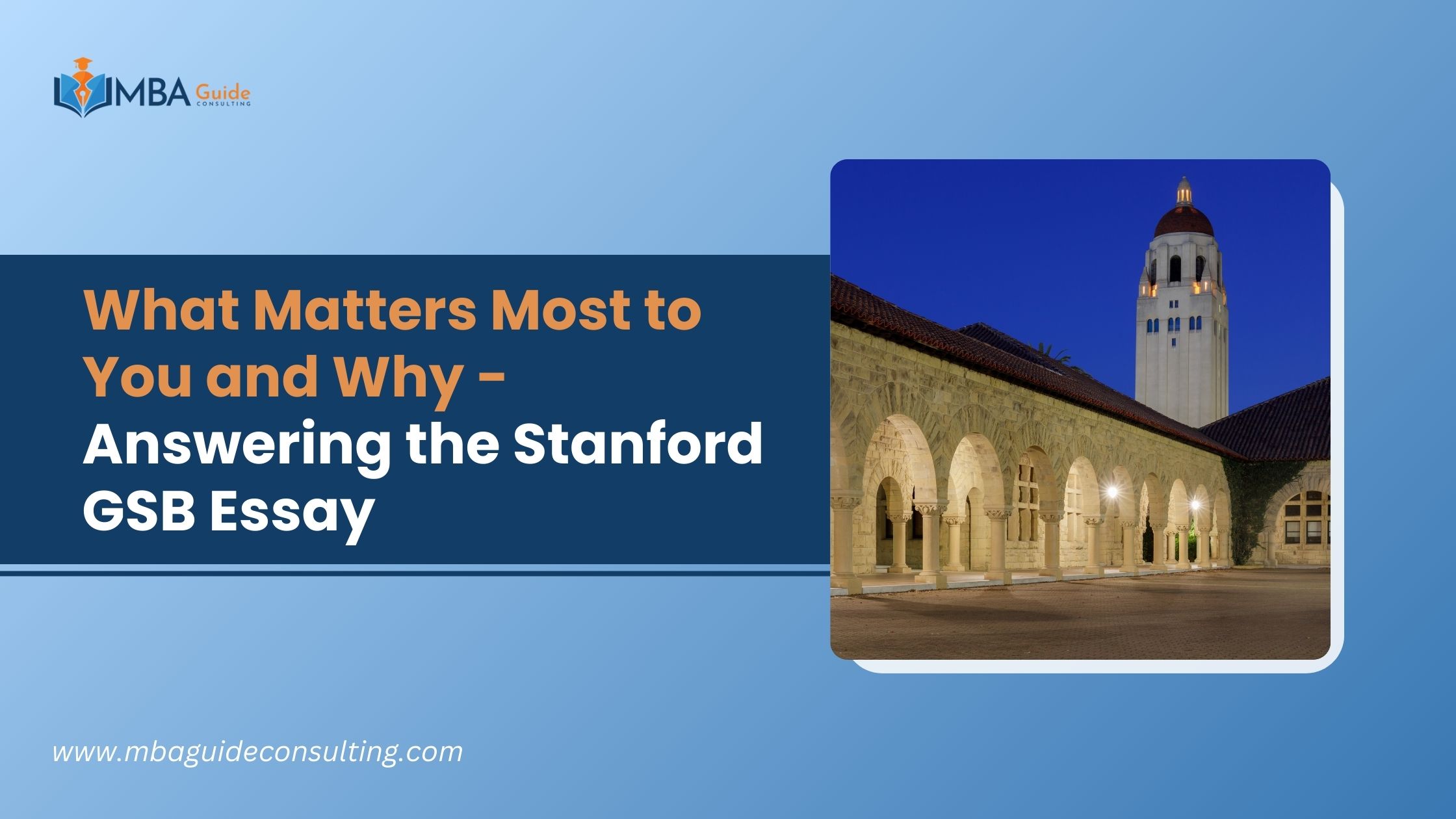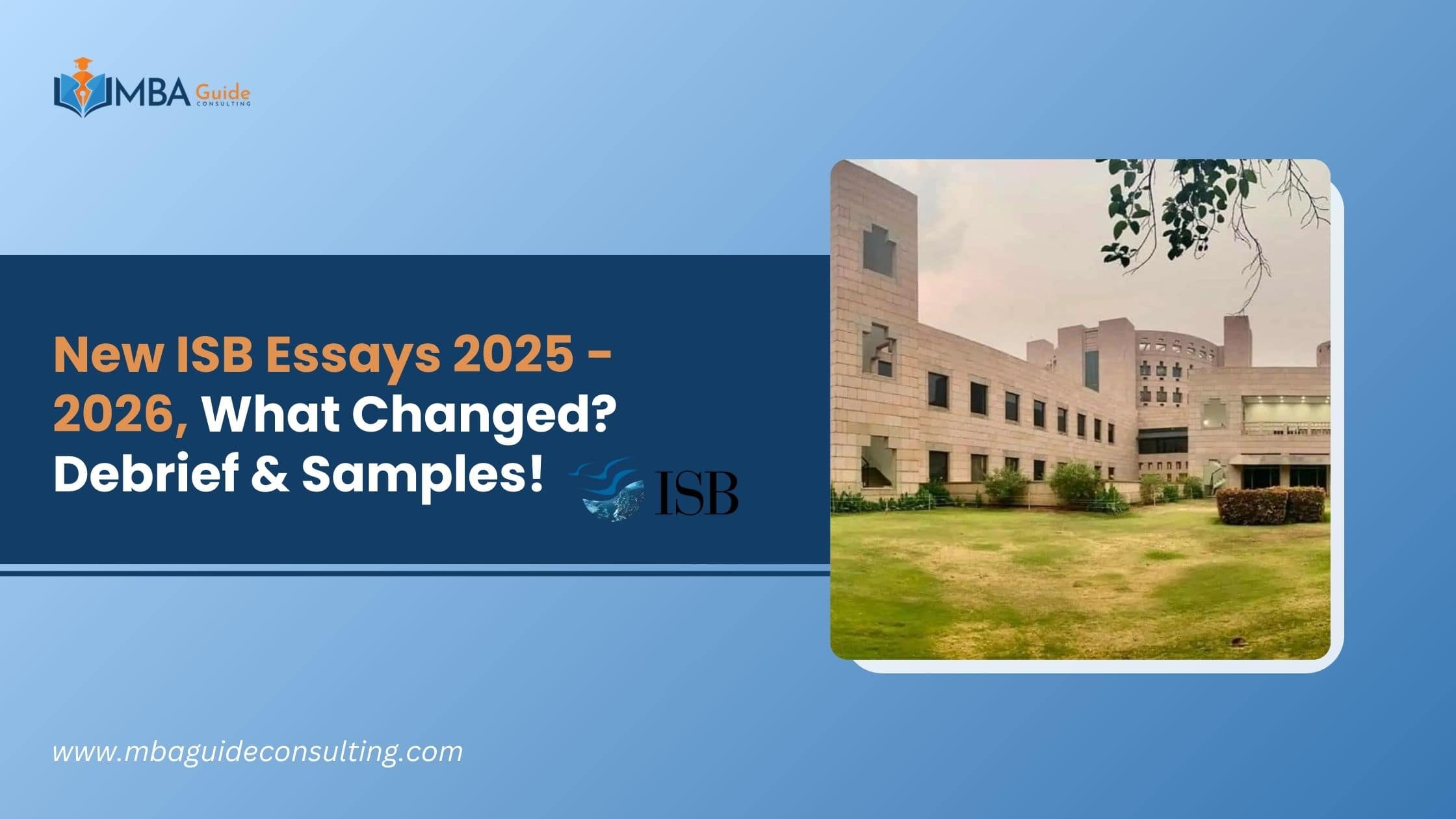Fail-proof strategy for acing that ISB Interview
The ISB interview follows a standard format in which the admissions hosts arrive at the table with a clear set of expectations and assess the credibility of the applicant’s objectives for an ISB PGP. The ISB interview consists of three major components, with a possible fourth element consisting of a guesstimate or a short case study question.
1. The introduction or the elevator pitch
More often than not, the ISB panel will begin the interview with the straightforward “Tell us about yourself” question, also popularly known as the elevator pitch.
Keep in mind that the interview panel will be bringing a long memory of previous interactions with other candidates to your brief meeting. Before you compose your elevator pitch, keep in mind that you cannot tell your entire life narrative in two minutes. Therefore, you must prepare an answer that reveals a multifaceted personality and helps your interviewers remember you long after the other interviewees have finished their pitches.
To be honest, telling the panel something they didn’t already know from reading your application isn’t enough at a highly competitive program. Create a multi-part speech that highlights your distinctiveness in all primary areas: professional, personal, and who you are in the community.
2. The Goals Discussion
Of all the questions asked, the question about applying to ISB PGP is the most important in an ISB PGP interview. Failure to describe PGP-justifying goals is the most common mistake made by the most PGP rejects.
“I need PGP to advance my career and broaden my skills,” for example, will not elicit the same level of enthusiasm as
“I recognise that my strong technical skills as a Computer Science Engineer are well-suited to Product Management roles; however, in discussions with business development teams, I frequently experience gaps in understanding macro and microeconomic forces that shape businesses. To establish the product-market fit, I need PGP to emerge as a Product leader with greater business sophistication and an in-depth awareness of market needs.”
You will answer the goals question confidently and assertively if you have spoken with professionals who work in the industry and function you are targeting, and have thoroughly examined the skills required and future growth opportunities in light of your long-term ambitions. Speak about the companies you want to work for, the roles and responsibilities you’ll hold throughout time, and the lesser-known specifics regarding the types of projects that demonstrate your knowledge. Surprise the interview panel with your well-researched insights about a specific business, as well as your viewpoint on current events in that industry.
“..I have actively experienced and observed the traditional agricultural markets- “Mandis” in my native village. Farmers to middlemen to retailers – the supply and demand are largely susceptible to manipulation by middlemen. Eventually, I envision taking a leadership role at an enterprise where I will utilize my expertise in the field of the supply chain in FMCG industry and learnings in advanced analytics to create sustainable Agri procurement channels powered by high-tech product grading and quality check tools. It would be rewarding to provide farmers with strategic recommendations on crop diversification based on predictive analytics on demand, expected pricing, and resource expenses..”
3. Case study or Guesstimates
One may not always come across a case study or a guesstimate question during an ISB PGP interview. However, you are very likely to get asked a case question based on your area of work experience or future goals if you are a young applicant with about 2-3 years of work experience. I see this as a good sign because you get an additional opportunity to show your maturity and your knowledge of a particular industry to impress the interview panel.
As an example, an applicant with only 2 years of overall work experience (in supply chain consulting) was asked for a case study on designing the warehouse inbound process. The applicant laid out a clear thought process as this type of question was discussed during our mock interviews. It is best to anticipate the questions after discussing them with an expert and prepare for everything and anything!
Regardless of your experience, the panel may ask you a guesstimate or a case question to gauge your reasoning process. Take this challenge in stride and hold your ground firm as you walk the panel through your thoughts and ideas.
4. Personality questions and Extra Curricular
The interview panel will most likely ask you Situational questions in order to evaluate your leadership potential and how you respond to high-pressure situations at work.
These questions will be along the lines of “Tell us about a time when you had a conflict at work. How did you handle the problem?” or “How did you gain a foothold in a French team without speaking the language fluently?“
However, you may not always be questioned about your hobbies and extracurricular activities. In this instance, you can always take the initiative to steer the conversation into something that will enlighten the panel.
I always advise candidates, “Know what you want to tell the interview panel about yourself, your X Factor. Do not wait for them to pose pertinent questions to you. Take control and steer the discourse! Nobody on the panel wants to have a boring talk, so make a good impression by being spontaneous and exciting. “
How else would you expect to be able to speak about your ascent through the ranks of local Toastmasters, you’re skydiving or mountain climbing adventures, the book donation campaign you organized in your native village, or the tailoring boutique business you set up to supplement your family’s income? Pocket all the potential gain from this opportunity to interview for PGP.
The most critical aspect of preparing is interview practice! Each feedback loop from an expert will provide a significant value.
Feel free to reach out for more personalised feedback




